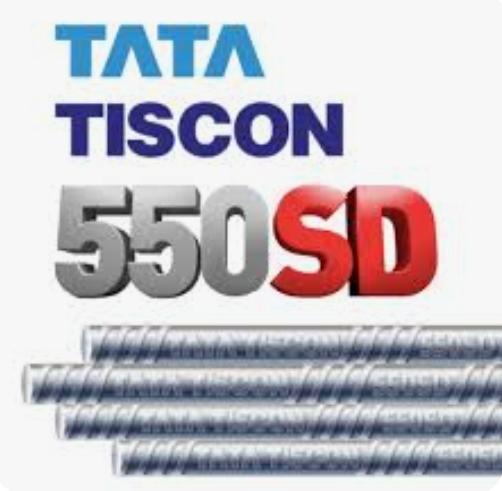KEY FACTORS TO CONSIDER WHEN INVESTING IN PLANT AND MACHINERY ASSETS
Investing in plant and machinery assets can be a significant decision for any business. These assets play a crucial role in the productivity and efficiency of operations. Therefore, careful consideration is essential to ensure a successful investment that aligns with the company’s goals and objectives. Here are the key factors that businesses should keep in mind when making such investments:
1. Purpose and Scope
Before diving into any investment, it is essential to have a clear understanding of the purpose and scope of the plant and machinery assets. Identifying the specific tasks and functions these assets will serve will help in selecting the right equipment for the job. Considerations should include the current and future needs of the business, potential expansion plans, and the machinery’s expected lifespan.
2. Budget and Financing
Determining the budget available for the investment is critical. The costs of plant and machinery assets can vary significantly based on their capabilities and features. It is essential to strike a balance between the desired equipment and the financial capacity of the company. Additionally, exploring financing options like leasing or loans can provide more flexibility in managing cash flow while acquiring the necessary assets.
3. Quality and Reliability
Investing in high-quality and reliable machinery can save businesses from costly breakdowns and frequent maintenance. Researching the reputation of manufacturers, reading customer reviews, and considering industry certifications can help gauge the reliability of the equipment. Opting for well-established brands with a track record of producing durable machinery can be a prudent choice.
4. Technology and Innovation
The world of plant and machinery is constantly evolving, with new technologies and features enhancing productivity and efficiency. While cutting-edge equipment may come with a higher price tag, it can lead to substantial long-term benefits. Assessing the technological advancements in the industry and how they align with the company’s needs is crucial to stay competitive and future-proof the investment.
5. Maintenance and Support
Proper maintenance is vital to keep plant and machinery assets running smoothly and extend their lifespan. Before making an investment, it is essential to inquire about the availability of spare parts, maintenance services, and technical support. Choosing suppliers that offer comprehensive after-sales support can prevent potential disruptions in operations and minimize downtime.
6. Compliance and Safety
Safety is paramount in any workplace, and plant and machinery assets are no exception. Businesses must ensure that the equipment they invest in meets the necessary safety standards and regulations. Non-compliance can result in penalties, legal issues, and, more importantly, jeopardize the well-being of the workforce. Prioritize suppliers that adhere to industry safety standards and offer training to employees on using the machinery safely.
7. Scalability and Flexibility
As businesses grow and adapt to changing market conditions, their equipment needs may evolve. Investing in plant and machinery assets that offer scalability and flexibility allows the company to adjust to future requirements without the need for significant additional investments. Consider equipment that can be easily modified or upgraded to cater to changing demands.
8. Return on Investment (ROI)
Ultimately, every investment decision should be evaluated based on the expected return on investment. Assess the potential savings, increased productivity, and revenue generation that the plant and machinery assets can bring to the business. Conduct a cost-benefit analysis to determine the payback period and overall financial viability of the investment.
Conclusion
Investing in plant and machinery assets can be a game-changer for businesses, significantly impacting their operations and bottom line. By carefully considering the factors mentioned above, companies can make informed decisions that align with their strategic goals, ensuring a successful and profitable investment in the long run.


